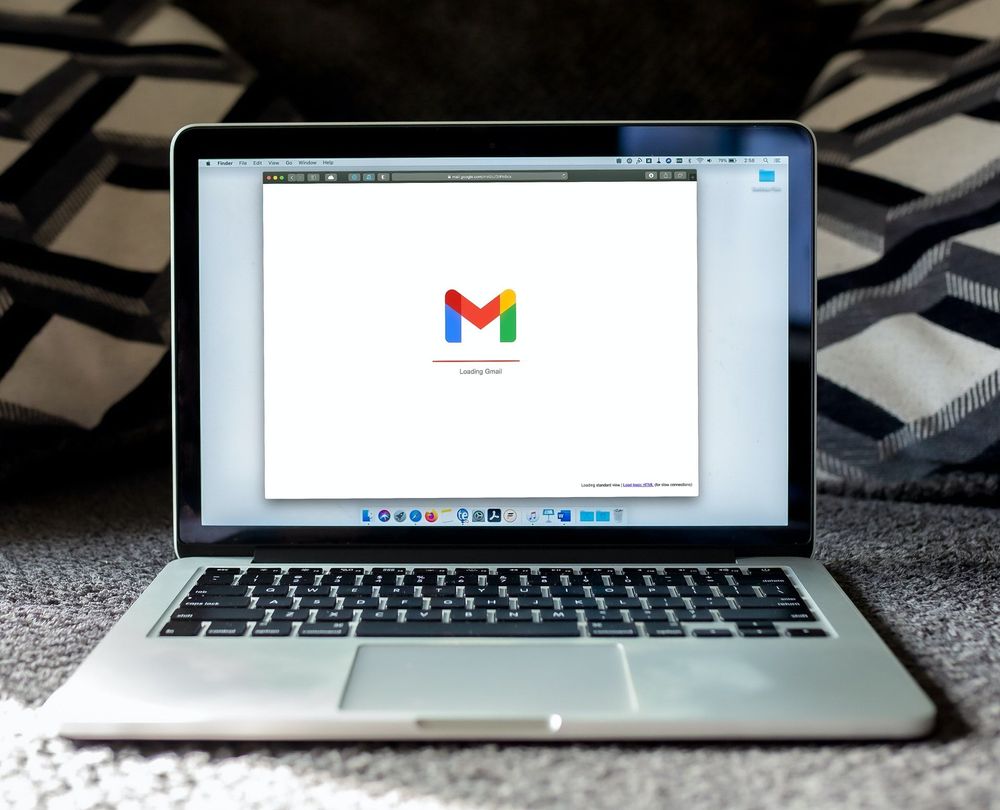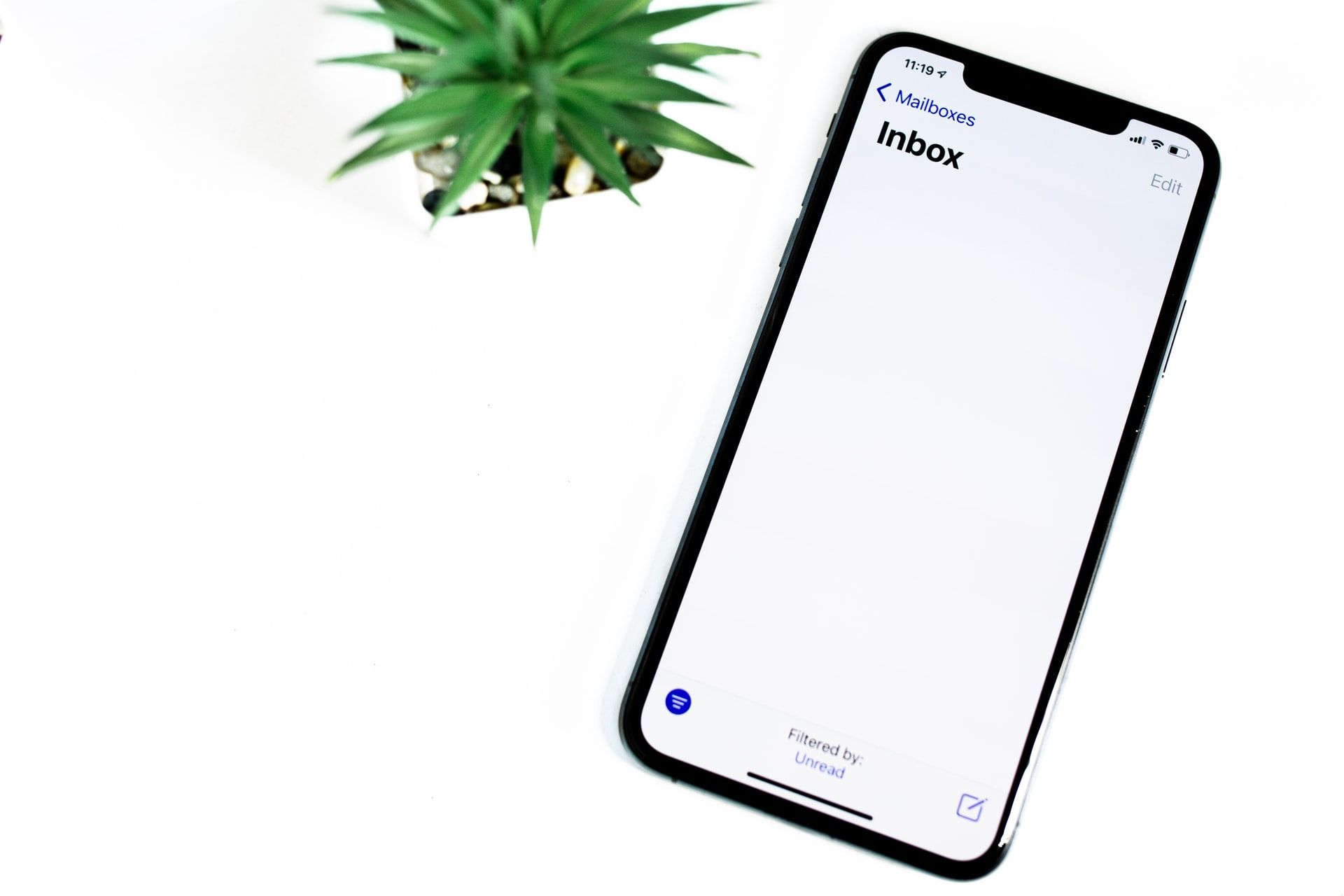As a freelancer, there's always the risk that a client won't pay you on time. When this happens, it can seriously slow down your cash flow and eat into your funds for the month. So how can you protect yourself from this happening? One powerful way is to ask for a deposit upfront.
Not only does this provide you some financial security by getting a percentage of the payment early on, but it also leads to greater client commitment. In this lesson, we'll go through the advantages of deposits, give you some pointers on when to ask for one, and address a question that's undoubtedly on your mind: How much should I ask for?
The Benefits of Demanding a Deposit
1. Reduces the risk of nonpayment
Have you ever finished work for a customer and had trouble getting paid? Many service-based firms have had this issue, especially when times are difficult.
Clients that do not pay are weeded out by requiring advance payment. If they make a deposit, their chances of receiving full payment increase.
2. The Client develops an interest in the project
Have you ever had a customer drop off the face of the earth midway through a project? You won't be able to contact them by email. You won't be able to reach them via phone. Crickets are all you can hear. Yes, this does occur.
The fact that they haven't spent a dime makes the decision that much simpler. Make a deposit to avoid it, or at the very least to cushion the impact if it does happen.
3. Provides capital for working
You're halfway through a project when you realize you don't have enough money to finish it. You're scrambling now to secure that financial infusion. You must, after all, pay contractors and staff. That's not even taking into account your other day-to-day costs.
A deposit provides operating capital in these instances and is beneficial for larger projects requiring substantial quantities of money.
While deposit charges have certain advantages, they aren't always appropriate.
When and how to ask for an upfront payment?
To evaluate if you should seek a deposit, ask yourself the following questions.
Do they appear to be a new or existing client?
As a freelance writer who belongs to many Facebook writing groups, I've seen a lot of status updates describing how a writer finished an article and sent it just to have the customer disappear. Without leaving a trace.
A brand-new business connection is just that: brand-new. You don't know this person, haven't developed a relationship with them, and you don't trust them. What makes you think they'll pay you?
It's a good idea to charge a deposit for new clients. It's even more vital now because more employees are working remotely for clients near and distant than ever before.
However, a deposit is not required for every new client. There are certain situations where skipping the deposit is a good idea:
If your customer is a well-established business. They couldn't have developed a good reputation if they didn't pay contractors, could they?
What About Your Current Clients?
I've frequently sought a deposit at the start of a relationship, only to abandon it afterward. Why? Because I've established a rapport with the client. I've learnt to put my faith in them. They always pay on time; therefore, I don't need to put down a deposit to insure myself. I can focus on what matters: producing work that my clients enjoy.

What is the project size and duration?
Major undertakings and long-term initiatives need upfront money or, at the very least, monthly bills.
You do have costs, contractors, and invoices to pay, after all. Something which any reasonable client will comprehend.
What Should You Charge for Your Services?
There is no single formula that can assist you figure out how much to charge. As a standard guide, make sure the deposit covers your expenses.
Some initiatives need a large financial investment, while others do not. Take, for example, a design-build firm that is working on a major project. They'll require a downpayment to purchase materials and other supplies. They must also pay contractors and cover any unanticipated expenditures as the project proceeds.
A freelance designer or writer is an illustration of the opposite. Projects do not need a large amount of working capital, but rather an investment of time and expertise. Even yet, taking a deposit is a smart idea since it adds security.
Before I start working on a new customer, I generally require a 50% payment. However, if I have resistance from the client, I have a lower limit of 30% if the customer pushes back. According to Quora, the upper maximum is 50%, while the lowest limit is 20%.
One freelance translator demanded 20% upfront for half of the task, 40% for the rest, and 40% upon completion. There are a variety of ways, but it all boils down to what you're willing to compromise on.
You should also be aware that, just as you are concerned about the client disappearing without paying, they are concerned about you disappearing with their money.
If a customer is hesitant to pay a deposit, comfort them by referring to previous work and testimonials.
If it doesn't work, you may have to make a compromise. You can utilize an escrow system in which a third party keeps the funds and releases them after the task is completed. It lowers the risk for both parties and is particularly beneficial in beginning partnerships.
The basic lesson is that trust does not develop immediately; it takes time.
There's no denying that requesting a deposit is advantageous. Clients get involved in the process, which reduces the risk of nonpayment and provides you with operating cash. You can't, however, charge a deposit every time. In some cases, skipping the deposit is the wisest course of action. Ask yourself the following questions to help you analyze each situation:
- Is this a new or returning customer?
- What is the invoice's dollar amount?
- What is the project's scope and duration?
If you do decide to charge a deposit, keep in mind that there is no hard and fast rule; it all depends on what you can agree on. However, there are upper and lower bounds. Find what works for you, and keep in mind that some clients are hesitant to pay a deposit because they are afraid you will take the money and not complete the task. Compromise by reducing your deposit or employing an escrow mechanism in certain instances.
How to Ask for a Deposit
The first time you ask someone for a deposit can feel uncomfortable, especially when you don't know each other. That's why it's good to have a plan going into the conversation. Here are several ways to make sure that you are getting paid by a customer or client.
1. Do not immediately provide credit to new customers/clients.
Small businesses, like major organizations, require credit policies in place that outline how to choose which customers or clients will be given credit and under what circumstances.
2. Send out invoices as soon as possible.
This may sound self-evident, but I've worked with companies who have failed to bill me for months on end for items or services given. Apart from being inconvenient since I want to know what the costs are, I can't help but worry whether the rest of their business methods are as shoddy. Why should I be in any haste to pay them, given their own example?
3. Clearly and publicly state payment terms.
If you value quick payment, don't leave it up to your customer or client to pick when your invoice is due. Make sure your invoices include clear payment conditions, such as "Payable within 30 days" or "Due Date: ____________," rather than ambiguous statements like "Payable upon receipt." Use templates and invoice generators, such as the ones offered by Indy to speed up the invoicing process.

4. Use this template to request an upfront payment from your clients
[Greeting]
Depending on your relationship with the client, use either an informal “Hi!”, or a more formal “Dear ….” formula. If in doubt, always use the more formal tone. It will show the client your professional side.
[State what you want to discuss]
Be frank and open about why you want to receive a deposit for your work. We've listed some reasons, you can choose one or several, and use them to substantiate your claim to an upfront payment.
[State how much you want to receive]
Make sure you don't leave the amount to be paid upfront to the client. State clearly how much you want to receive in an upfront payment, how much work that covers (in percent or hours) and when you expect the deposit to be paid.
[Assure the client they're in good hands]
Let the client know that the deposit is a way to secure the both of you. Make sure to mention that you will start work immediately after receiving the deposit and outline the project milestones that will be delivered.
[Closing]
Again, depending on your relationship with the client, use either an informal or formal closing phrase. A “best regards” is always a safe bet!
5. Reward consumers who pay on time.
Waving a carrot in front of consumers or clients, such as a discount for paying early, can also help you be paid faster. For example, if your standard payment policy is 30 days, give a minor discount of 2% to clients who pay sooner.
After discussing the payment timeline over the phone or video chat, you can send an invoice number requesting a percentage of payment upfront.
How to Handle Overdue Invoices
Although it might feel concerning to read about the possibility of clients not paying you, it's good to remember that not all clients are trying to avoid payments. People just get busy! So try sending a follow-up email to your client to remind them of your original contract's terms. If your emails still go unanswered, phone calls can be more helpful in getting ahold of your client.
As hard as it can be, remaining patient with your client's schedule can go a long way in building trust. However, you still want to stand firm with your client upholding their original agreement by politely chatting about how a direct deposit demonstrates good faith between each other.
If you continue to run into problems, you can seek out help from a third party as a last resort. A collection agency can help you recover any unpaid invoices. Although this should only be considered for larger contracts and if you're backed into a corner in dire need of this payment.
Conclusion
When you ask for a deposit, you'll feel much more confident about tackling your freelance project once a client pays. Although situations will vary from client to client, a deposit can keep a client from ghosting you and ensures that you're much more likely to receive your payment upfront.
For a payment request email template and any other contract templates, sign up for Indy to easily manage all of your freelance needs!



